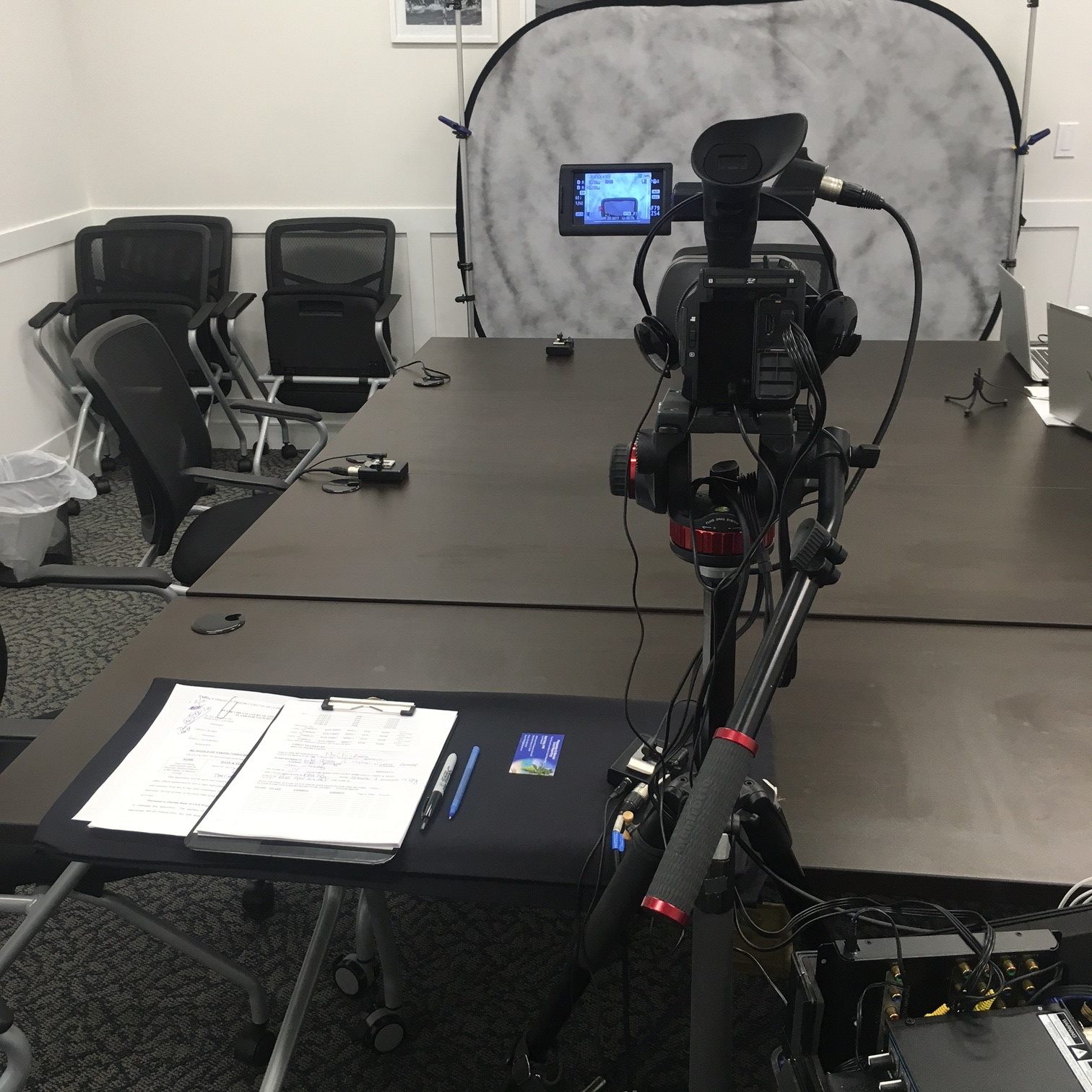Florida Trust Lawyers and Rule 4-1.6

What is rule 4-1.6? What do my West Palm Beach lawyers need to know about this rule? What do trust lawsuits have to do with attorney-client privilege? What is a waiver of consent? What information can your trust lawyer disclose without your consent? Can you compel a nonparty to disclose privileged information?
Disclosure of Trust Documents and Attorney-Client Privilege
Rule 4-1.6 is one of the rules regulating the Florida Bar. This particular rule is very important as it is addresses a lawyer’s duty in regards to the confidentiality of his or her client’s information.
Specifically, this rule states that ” a lawyer shall not reveal information relating to the representation of a client unless the client gives informed consent, the disclosure is impliedly authorized in order to carry out the representation, or the disclosure is permitted by Rule 4-1.6(b).” If you are involved in trust, estate, or even business litigation in Florida, you should consider reading this rule in its entirety. That way, you can understand your lawyer’s responsibilities when it comes to attorney-client privilege.
Florida Statute 90.502
In addition to becoming familiar with rule 4-1.6, you may want to read Florida Statute 90.502. This is the Florida statute that attorney-client privilege is governed by. Per the statute, as a client, you have “a privilege to refuse to disclose, and to prevent any other person from disclosing, the contents of confidential communications when such other person learned of the communications because they were made in the rendition of legal services to the client.”
There are some important exceptions to attorney-client privilege, which are also described in Florida Statute 90.502.
Objections Regarding Attorney-Client Privilege
A recent Second DCA opinion, Hett v. Barron-Lunde, involves a trustee seeking certiorari review of a discovery order compelling the disclosure of many documents, including nonparty trust records and attorney-client privileged information.
In regards to the attorney-client privileged information, the trustee specifically challenges the trial court’s order compelling the disclosure of records in the possession of her attorneys retained to set up the Trust.
The appellate court explains that the attorney-client privilege ” is the oldest privilege of confidential communications known to the common law, and perhaps the most sacred of all legally recognized privileges.” Therefore, those seeking third-party financial records of a nonparty must show that the need for the disclosure of the requested documents outweighs the privacy rights of the third party. It is also important to implement safeguards when seeking third-party financial records of a nonparty.
The trial court in this Florida trust lawsuit did not implement any safeguards. Particularly, no in camera inspection took place to determine whether attorney-client privilege applied. Furthermore, the trial court did not address the privilege issue raised by the trustee. It also failed to address the objection made by the trustee’s attorneys regarding the nonexistence of a waiver of consent and attorney-client privilege.
The objection filed by the trustee’s lawyers pointed out the nonexistence of a waiver of consent by their client. In other words, their client had not signed a consent waiver allowing the disclosure of the records as provided under rule 4-1.6.
Ultimately, the Second DCA found that it was an error for the trial court to compel the disclosure of the records without conducting an in camera inspection to determine whether attorney-client privilege applied.